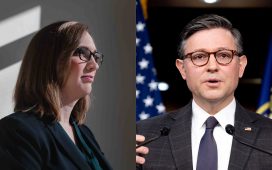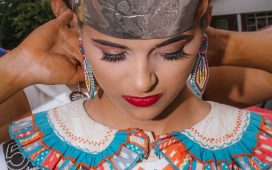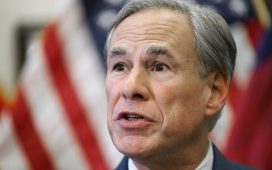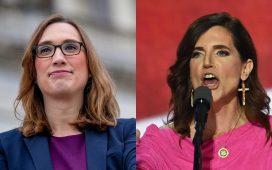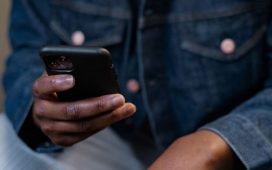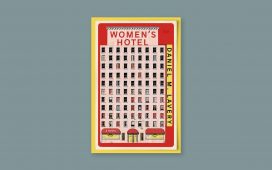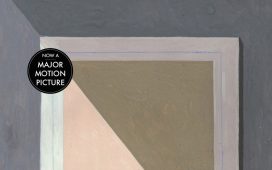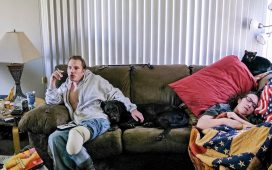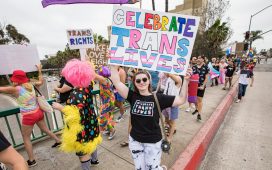I think about the sound of a bell. There’s a certain pitch that you find in each section where it’s lighter, dark, and then it’s much calmer once you get to the end. I feel like the end is trying to get back to something.
The first line of the book is, “My mother is going to die.” And then the last poem of the book is a fortune-teller telling me my mother has died. It feels very much like a full circle. I’ve gone through this journey of resisting not just thinking about my mother’s death, but my own, the world, love, all that stuff. Then I get to the end and it’s almost like my worst fears have come true.
Your press materials described the book as a collection of poems that “refuses to remain private for the comfort of others.” Was that a privacy that you felt was imposed on you, or was it your choice?
Growing up, we didn’t talk about sex, we didn’t talk about relationship dynamics. I didn’t learn how to communicate well when I was growing up, because nobody communicated in my family. There is a lot of external pressure to be quiet about a lot of things, whether it’s part of the community, the family, or the self. But I also grew up really ashamed of being gay because I saw my family members make fun of people who were queer. that they saw on TV, or on the bus or the street. I knew then, “I can’t be that way because I’m gonna be the butt of a joke.” So there was some self-imposed censorship. I built a lot of walls around me, and I think that’s how I learned to write my poems.
How did you get to the point of being comfortable letting those walls down?
No one ever said “don’t do that” until I was in a workshop with this poet, Afaa Michael Weaver. The poem was in second person, and he said to me, “Who is this? Who’s speaking here?” I said, “It’s me.” And he’s like, “So why aren’t you just saying ‘I?’” and I was like, “I don’t know.” I understand now that it’s okay to put myself down in that way, which seems weird to even articulate.
I’ve had mentors and teachers give me permission over the years, but I don’t think I gave myself permission because I was afraid and ashamed. In between 2018 and 2019 — damn, I’m ashamed of even sharing this — I started abusing drugs and alcohol. I was living with a roommate who was also an ex-boyfriend and I didn’t know who else to turn to, so I turned to him, and was like, “Look, I’m having some trouble with drugs and alcohol.” They did not respond well, and I think that ended our relationship. But I think it took that experience of feeling like people who I thought were closest to me were rejecting me because I was using drugs and alcohol.
